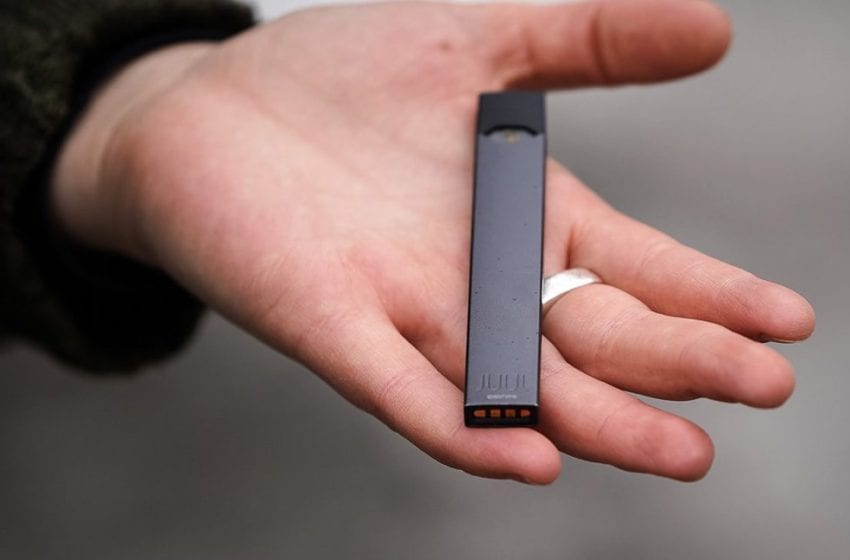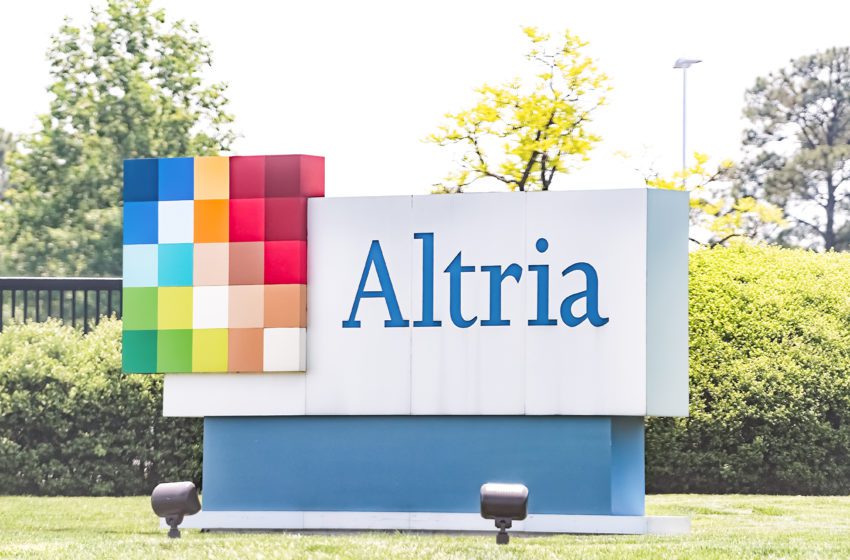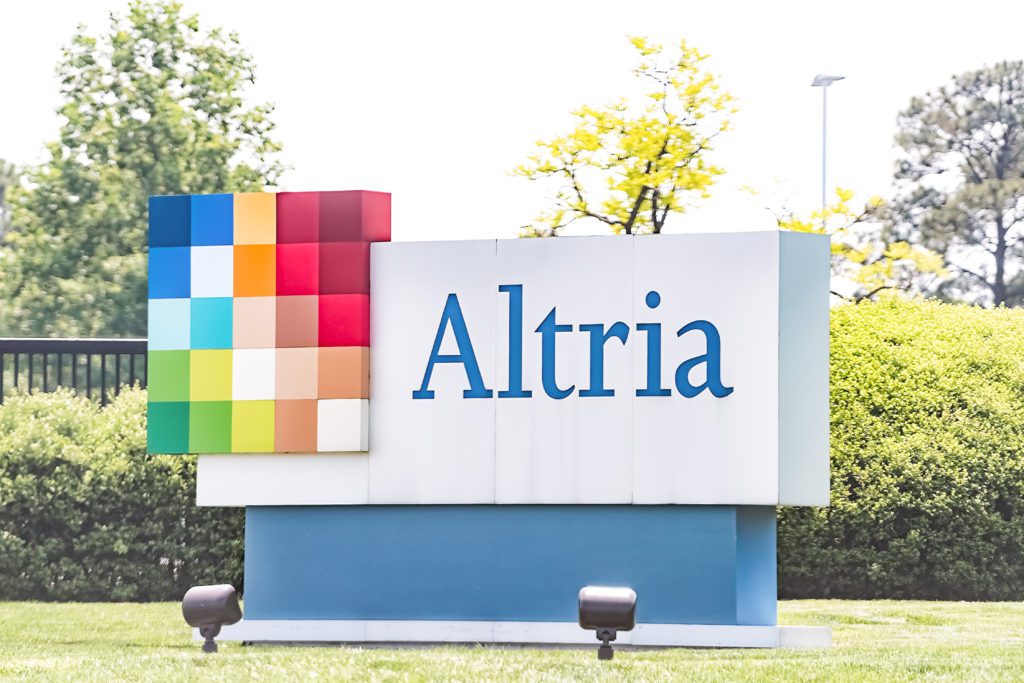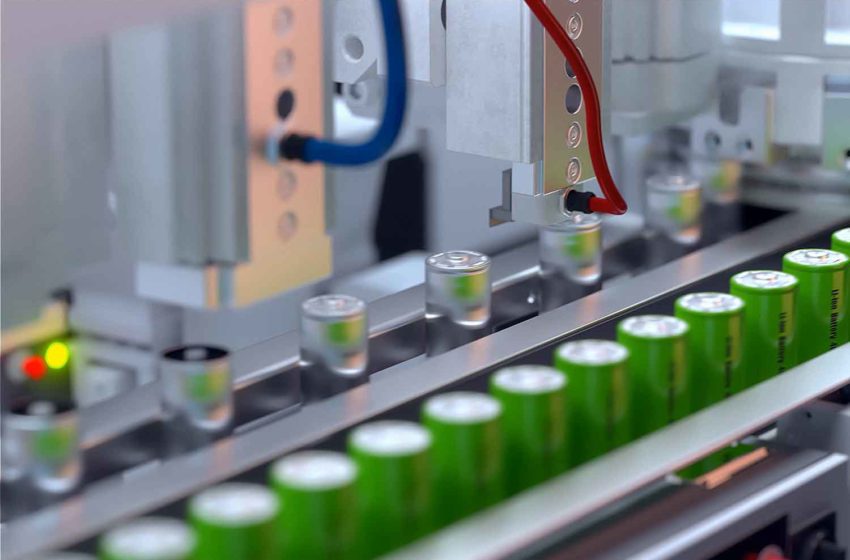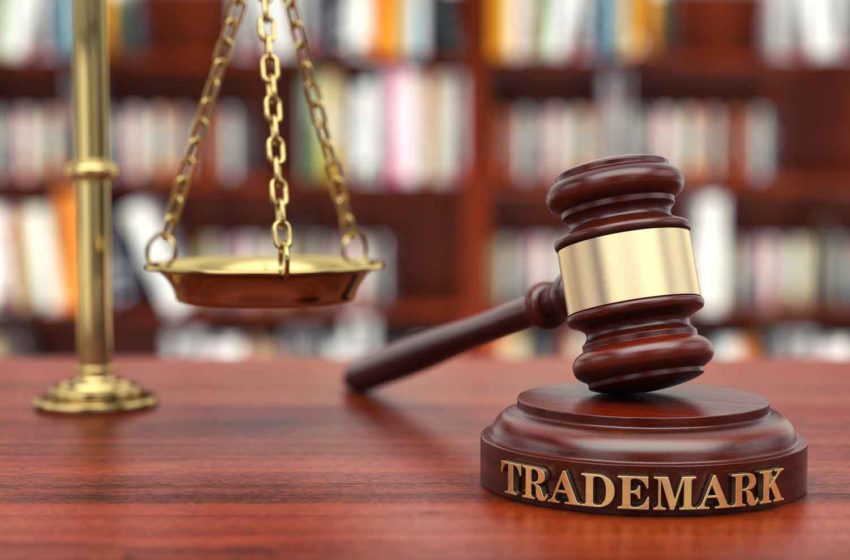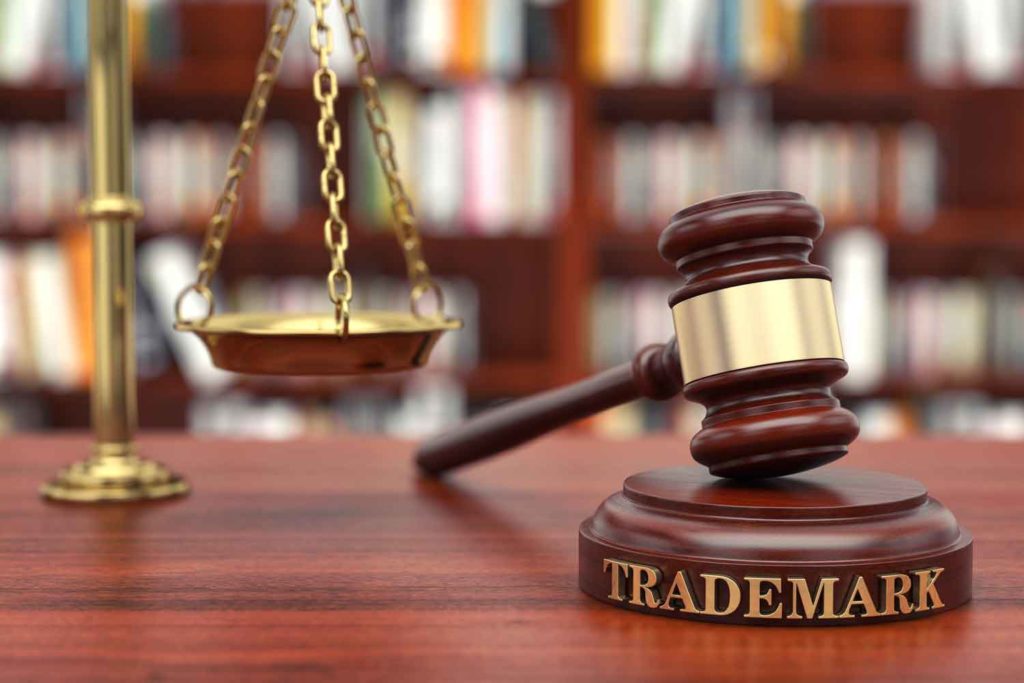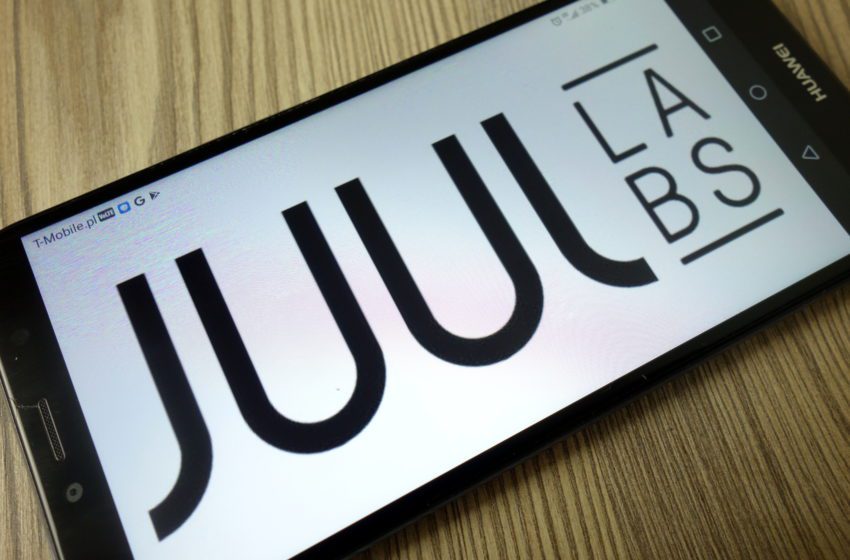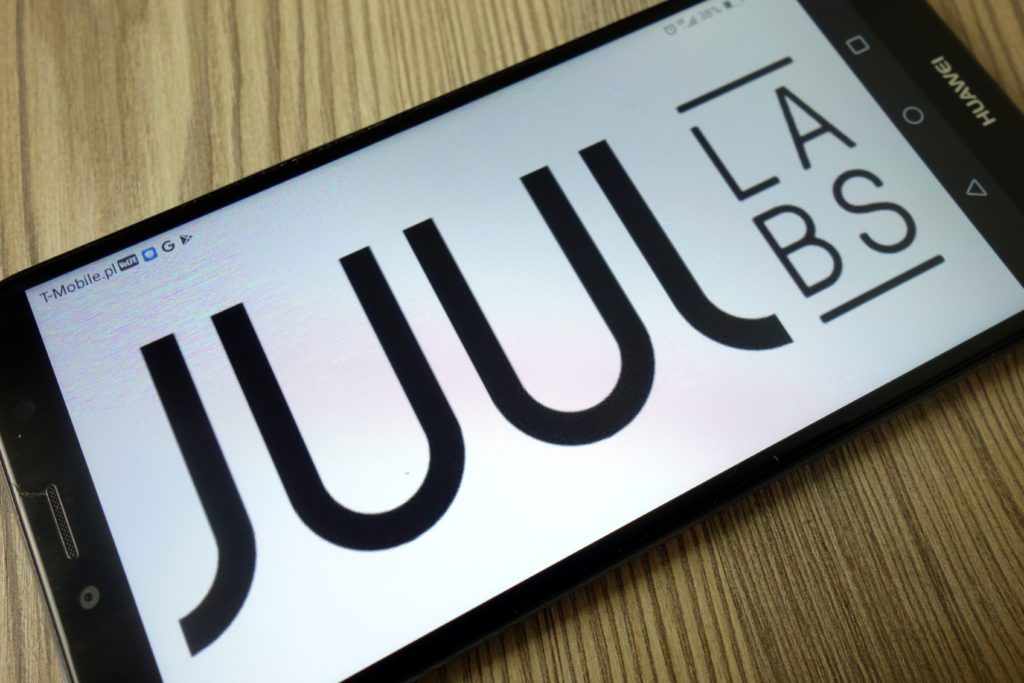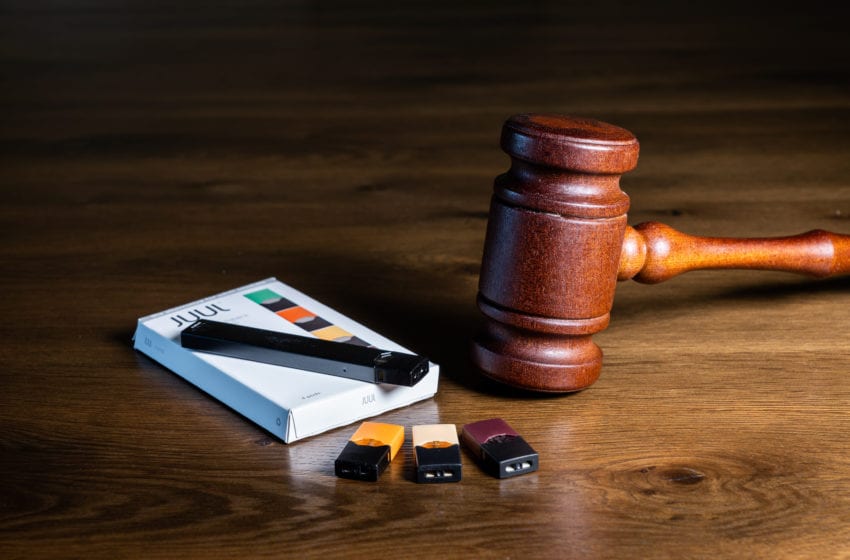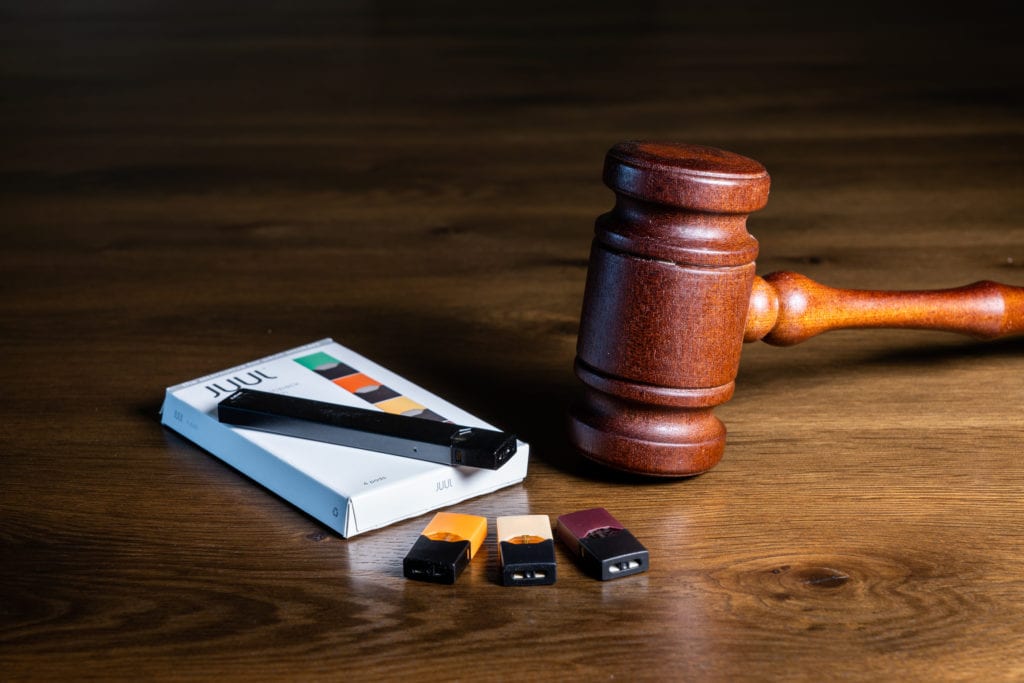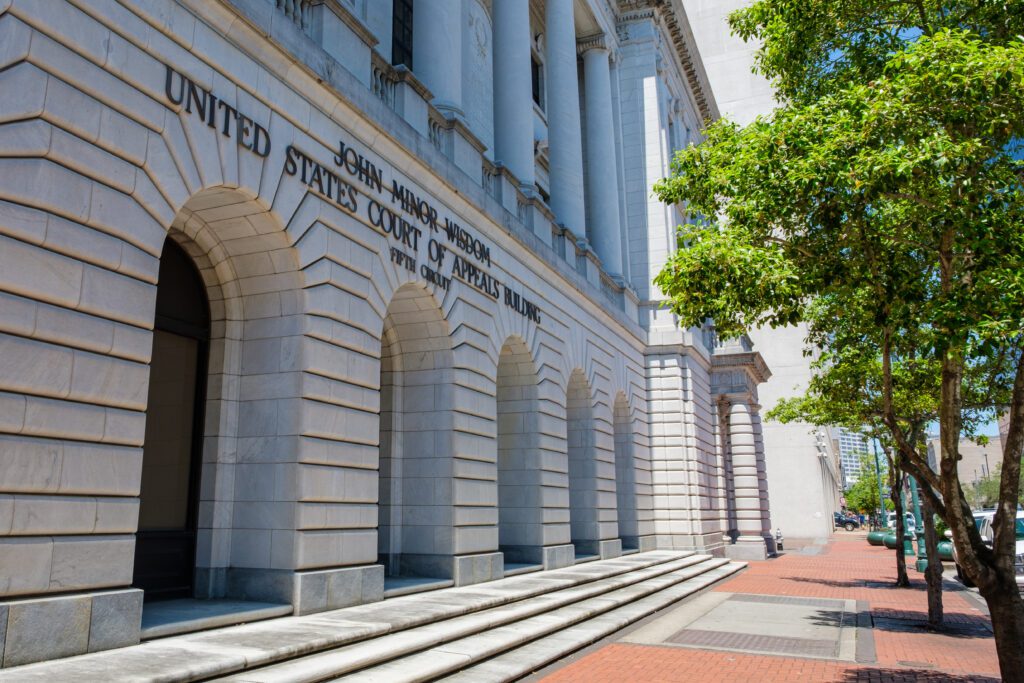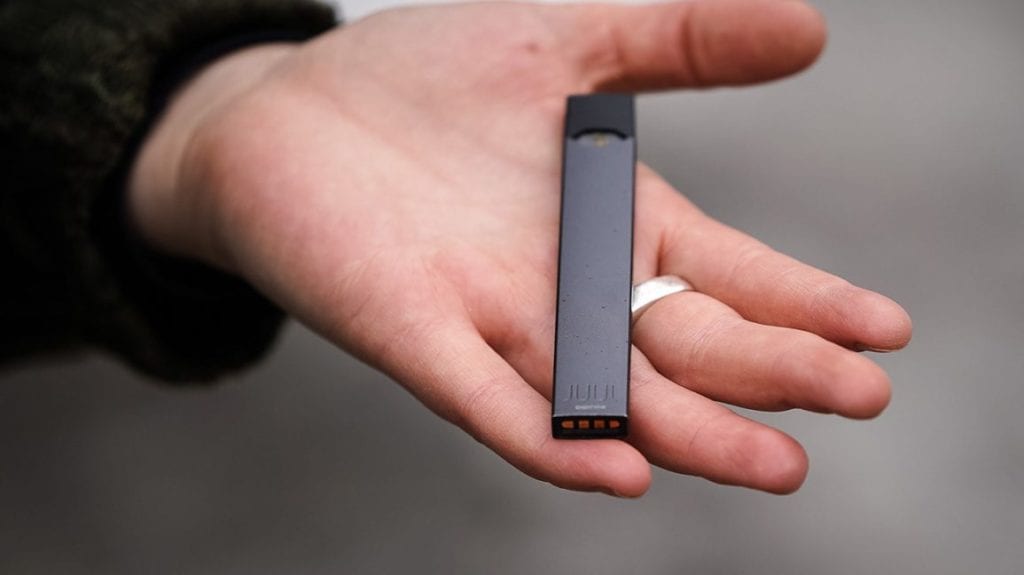
Two school districts in the U.S. state of Florida have settled with Juul Labs after accusing the company of marketing its e-cigarettes to children.
Palm Beach County School Board members met Wednesday to approve an initial settlement with the e-cigarette manufacturer as a result of joining a national lawsuit brought by more than 1,400 government agencies.
The settlement will likely result in more than $10 million for Palm Beach County schools over the next five years, according to district staff, according to the Palm Beach Post.
The school district was among the governmental entities and 32 tribal governments that sued the company, along with 8,500 individuals.
Orange County Public Schools, which includes the city of Orlando, will receive an estimated $5.4 million as part of a settlement against a vape and e-cigarette company that is accused of marketing its products to children, according to Orlando News.
In June 2020, Orange County Public Schools joined thousands of other school districts and individuals who entered into litigation against Juul Labs.
In December, the company reached a settlement for hundreds of millions of dollars in connection with the design, manufacture, production, advertisement, marketing, distribution, sale, use, and performance of Juul products.

